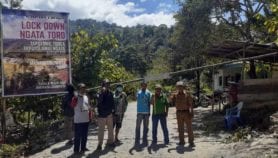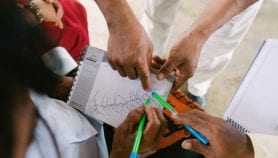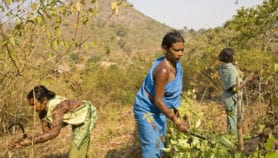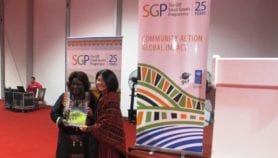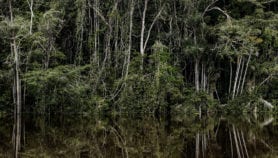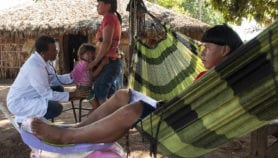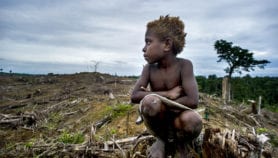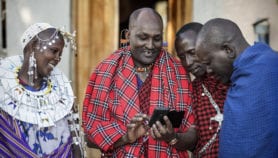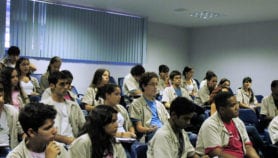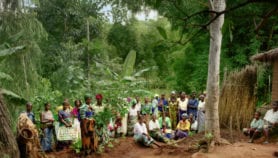Send to a friend
The details you provide on this page will not be used to send unsolicited email, and will not be sold to a 3rd party. See privacy policy.
[CAPE TOWN] The first comprehensive degree in African indigenous knowledge, combining natural and social sciences, will start in South Africa next year.
The Bachelor of Indigenous Knowledge Systems, a degree that streamlines all aspects of local knowledge and teaches them as a consolidated curriculum, is an initiative from North-West University, the Universities of Limpopo and Venda, all in South Africa, and the National Indigenous Knowledge Systems Office in the South African government’s Department of Science and Technology.
It allows students to study indigenous knowledge as local ways of knowing and innovating. Students will have opportunities to specialise in specific areas of indigenous knowledge like health, agriculture, arts and culture (including languages), science and technology and their management systems.
"Indigenous knowledge is skills and expertise that involve all aspects of life, generated by communities over generations through trial and error," said Hassan Kaya, coordinator of the programme at North-West University’s Indigenous Knowledge Systems Centre of Excellence.
"These are skills that we seek to promote through this holistic four-year degree," he told SciDev.Net.
"When I initiated teaching indigenous knowledge at North-West University in 2000, people thought I had come to train sangomas (traditional healers), but traditional medicine is only part of indigenous health care knowledge," he said.
The examples of cross-disciplinary courses to be offered by the degree include indigenous knowledge combined with climate change, renewable energy sources, health care systems, history of African science and technology and African languages and diversity.
North-West University has previously taught a social sciences degree in indigenous knowledge. The new interdisciplinary degree will upgrade and gradually supersede the past programmes, which drew students from the wider region, including Cameroon, Ghana, Kenya and Nigeria.
Kaya said students will have opportunities for internships and research work in local organisations in their fields of specialisation.
"Western knowledge has been alienating and has not been able to bring about the sustainable development our people aspire to," said Kaya.
He added that Africa needs to promote its own ways of innovation through indigenous systems that relate to peoples’ daily lives.
"The ideology to have a programme rooted in Afro-centric knowledge has always been there," Nhlanhla Maake, executive dean in the faculty of humanities at the University of Limpopo told SciDev.Net.
Maake added that traditional knowledge is a resource for innovation that will help sustain livelihoods and development.
Link to SciDev.Net’s spotlight on Integrating Modern & Traditional Medicine




